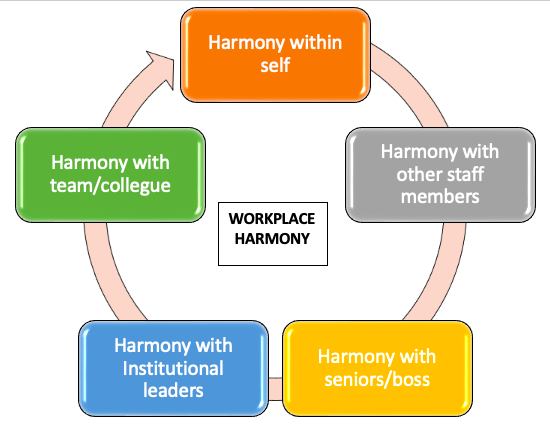Volume 4 Issue 4 April, 2014
General Hospital Psychiatry-The emerging ‘supra-specialty’
General hospital psychiatric divisions are an important part of the mental health care delivery system. General
hospitals have had an illustrious role in the evolution of psychiatry. They have provided a rich soil for the growth of
inpatient psychiatric units, consul tation-liaison psychiatry, psychosomatic medicine, med-psych units, outpatient
psychiatric clinics , emergency services and a whole spectrum of resources for the communities in which they
dwell. In the setting of the general hospital , psychiatry has had opportunities to become remedicalized and
integrated into the mainstream of medicine. McKegney et al point out that consul tation-liaison psychiatry should
be considered a ‘supra -specialty’, because it is significantly involved in many of the ‘subspecialty’ areas throughout
psychiatry. Technical advantages of general hospital psychiatry are well known: laboratory facilities, personnel
recruitment, referral and follow-up opportunities. Increasing social acceptance leads to earlier case detection and
referral . Psychotherapeutic advantages of the community’s proximity include minimizing the patient’s social
isolation by involving and focusing on transactions of family, community and group. Hospitalization is seen, not as
curative, but as a therapeutic intervention permitting the patient’s return to the community prepared for follow-up
treatment. The GHPU caters for the needs of diverse group of patients across all ages and special population. From
minor psychiatric illness to psychotic disorders to neuropsychiatric manifestations and psychosocial problems all
comes under the purview of the General hospital Psychiatrist. The general hospital psychiatrist of the 21s t century
must be a physician, a scientist, a psychotherapist, a leader, a teacher, a capable and skilful team worker.

Consultant Psychiatrist, Bangalore

